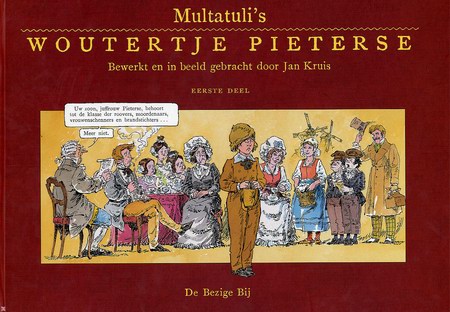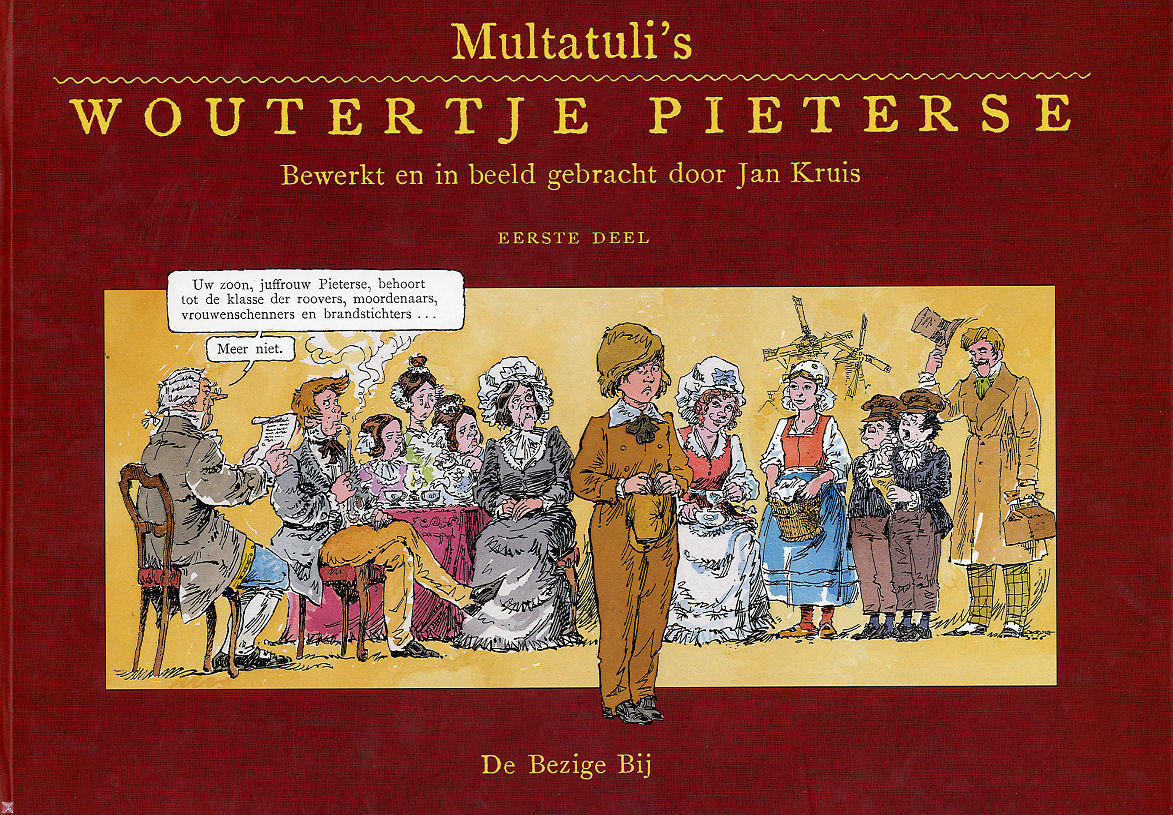Looks like one that will work!
Power concedes nothing without a demand.
Josh sent me this quote, it came up in our conversation.
If there is no struggle, there is no progress. Those who profess to favor freedom, and yet depreciate agitation, are men who want crops without plowing up the ground. They want rain without thunder and lightning. They want the ocean without the awful roar of its many waters. This struggle may be a moral one; or it may be a physical one; or it may be both moral and physical; but it must be a struggle. Power concedes nothing without a demand. It never did and it never will. Find out just what a people will submit to, and you have found out the exact amount of injustice and wrong which will be imposed upon them; and these will continue till they are resisted with either words or blows, or with both. The limits of tyrants are prescribed by the endurance of those whom they oppress. Men may not get all they pay for in this world; but they must pay for all they get. If we ever get free from all the oppressions and wrongs heaped upon us, we must pay for their removal. We must do this by labor, by suffering, by sacrifice, and, if needs be, by our lives, and the lives of others.
Here is the Wikipedia entry:
http://en.wikipedia.org/wiki/Frederick_Douglass
Four Movies I’ve seen Recently
I liked them all, **** , none get five stars though. All forgettable, or is that my age?
Nothing but the Truth, Shutter Island, 500 Days of Summer, The Edge of Darkness
Images and very biref comments and links to IMDB follow.
Walking home from the movies in Wellington

NSW Rivers in a State of Shock
This looks to be the most organised group I can find opposing the destruction of the Dharawal reserve.
Rivers SOS,
PO Box 73, Douglas Park,
NSW 2569
Enquiries to: riverssos@riverssos.com
NSW Rivers in a State of Shock Rivers SOS is an alliance of over 40 environmental and community groups concerned with the wrecking of rivers in New South Wales by mining operations.
Someone hates Nature

From My Facebook (if it works!):
This is on the South Coast Walk in the Royal National Park, just South of Sydney. There must have been more than 5k of this grid. Why!! Ugly, unpleasant to walk on, expensive, and if it is there to prevent erosion, the rest of the 25K would have had heaps less with a bit of decent track marking and better drainage.
Librivox: The Brothers Karamazov by Fyodor Dostoyevsky
Brothers Karamazov is now in an audiobook! This mammoth task has been completed, thanks many readers and Rainer.
I read this book in 1967, at the Cragieburn ski-field where I was a custodian. I was upstairs in the sleeping loft of the ski hut, and often there would be a loud party downstairs. I’d read it by candle light or with a torch. I made notes! I may still have them. It was part of a few years of delightful self education, prior to going to the University of Canterbury, which by comparison was like a padded cell of the mind, though I have no regrets. I am looking forward to hearing the book read to me.
I have converted the mp3 for the first book into iPod Audiobook format (keeps track of where you are up to). Book 1 m4b Audiobook format
Links follow to the download page, Librivox, notes on a stage production where I found the image, and Wikipedia – where there is an excellent summary of the characters & their various names!
Continue reading “Librivox: The Brothers Karamazov by Fyodor Dostoyevsky”
Jan Kruis Illustrates Woutertje Pieterse
I just ordered the book after a horrendous experience trying to log in to various dutch sites. They don’t recognise a NZ postcode, though they ask for a country, and then finally after fudging one, they tell me the don’t deliver overseas. But, I found one where they would take my money: http://www.occidentbooks.com, I hope they deliver as well!
Item from an art show follows, the first two paragraphs translate the dutch ones in the earlier post.
Woutertje Pieterse
My dutch name is Wouter. I anglicised it myself in 1952, when I was about 8. I have been reflecting on how easily I made that transition to becoming a little Australian kid. On the one hand it was a good thing, I fitted in reasonably well. On the other I faked not being Dutch, I learned to cut off a whole other Dutch/Australian life. I built a wall dividing two cultures.
I was named after Woutertje Pieterse in a book by Multatuli. Researching that! Here is an image of the character I was named after!
Van Gogh Museum – Jan Kruis tekent Woutertje Pieterse: (DEAD LINK)
Het Van Gogh Museum toont de originele schilderijen en tekeningen die striptekenaar Jan Kruis vervaardigde voor de geïllustreerde versie van Multatuli’s Woutertje Pieterse. Aanleiding voor deze tentoonstelling is de presentatie van dit boek, uitgegeven door De Bezige Bij.
Woutertje Pieterse gaat over de onbevangen, maar onbegrepen Woutertje die opgroeit in een kleinburgerlijk 19de-eeuws milieu in Amsterdam. Als hij leest over de roverhoofdman Glorioso en van zijn leraar, Meester Pennewip, de opdracht krijgt een gedicht te maken, wordt hij geïnspireerd tot het Rooverslied. De inhoud daarvan schokt zijn familie en kennissen hevig. Met vele andere levendige gebeurtenissen en treffende personages geeft Multatuli zo een mild-satirische beeld van het bekrompen 19de-eeuwse burgerdom. Tegelijkertijd schetst hij een boeiend psychologisch portret van een kind, iets dat in zijn tijd uniek was.
https://en.wikipedia.org/wiki/Multatuli

Mining threat: Dharawal land and rock art

Among the state’s cleanest creeks … Sharyn Cullis and Pat Durman swim in O’Hares Creek in the Dharawal State Conservation Area. Photo: Kate Geraghty
Preposterous that coal mining could destroy this region!
This pool is just like the one where spent the endless summers of my childhood, Heathcote Creek, a tributary of the Woronora River, like O’Hare’s Creek a tributary of the George’s River. I am only recently learning about the Dharawal aboriginal people who are connected to this land.
I am reading: Rivers and Resilience: Aboriginal People on Sydney’s George River (I’ll post more later about that book)
I am outraged by the proposals to destroy these areas. This must be stopped. I hope that there is a massive opposition to these offensive plans. Please comment if you know of petitions, or campaigns.
Mining ‘threat to swamps and rock art’:
Resistance is growing to coalmine plans, writes Ben Cubby.
Full article from the SMH follows:
Continue reading “Mining threat: Dharawal land and rock art”



